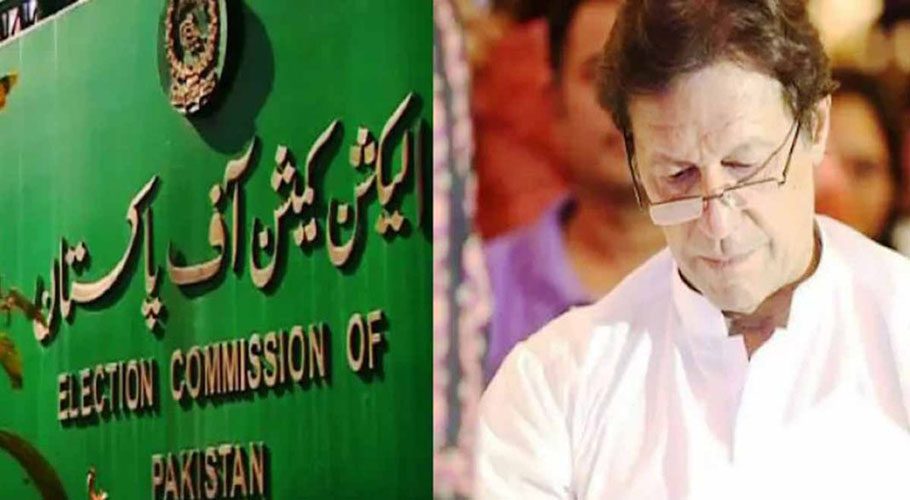ISLAMABAD: The term ‘Toshakhana’ has been hitting news headlines in Pakistan and abroad since 20around 15 when the name of former President Asif Zardari and former PM Nawaz Sharif, who were accused of obtaining cars from the Toshakhana by paying merely 15 percent of the original price. Former PM Gilani was accusing of facilitating Zardari and Nawaz in this regard.
Established in 1974, the Toshakhana is a department under the administrative control of the Cabinet Division and stores precious gifts given to rulers, parliamentarians, bureaucrats, and officials by heads of other governments and states and foreign dignitaries.
However, the term made news flashes only recently when current Prime Minister Shehbaz Sharif alleged that his predecessor, Imran Khan, had sold state gifts in Dubai worth Rs140 million, and that the same had not been mentioned in assets’ returns filed with the relevant authorities.
Media reports suggested that Imran Khan received 58 gifts of more than Rs140 million from the world leaders during his three-and-a-half-year of tenure and retained all of them either by paying amount as per law.
PTI leaders Dr Shahbaz Gill and Fawad Chaudhry had contradicted these allegations, saying that all items from Toshakhana were retained by Imran Khan only after paying more than the prescribed value.
According to Toshakhana rules, the PTI leaders maintained, gifts/presents and other such materials received by persons to whom these rules apply shall be reported to the Cabinet Division.
On August 4, lawmakers from the Pakistan Democratic Movement — which is part of the ruling alliance — filed a reference for the PTI chief’s disqualification from public office under articles 62 and 63 of the Constitution over his hesitance to share the details of Toshakhana gifts.
PDM leaders submitted the reference to the National Assembly speaker who subsequently forwarded it to the Chief Election Commissioner (CEC) Sikander Sultan Raja for further action.
In its hearing on Aug 29, the ECP had sought a written reply from Imran by Sep 8.
In his reply, Imran Khan had admitted to having sold at least four presents he had received during his tenure as the prime minister of Pakistan.
In his reply, Khan maintained that the sale of the gifts that he had procured from the state treasury after paying Rs21.56 million fetched about Rs58m. One of the gifts included a graff wristwatch, a pair of cuff links, an expensive pen and a ring while the other three gifts included four Rolex watches.
The reference against Imran was filed by MNA Barrister Mohsin Nawaz Ranjha carrying signatures of lawmakers Agha Hassan Baloch, Salahudeen Ayubi, Ali Gohar Khan, Syed Rafiullah Agha and Saad Waseem Sheikh and it was subsequently forwarded to CEC Raja.
In their disqualification reference, MNAs from the ruling alliance included documentary evidence to corroborate their claims against the ex-premier and sought his disqualification under Sections 2 and 3 of Article 63 of the Constitution, read with Article 62(1)(f).
Article 62(1)(f) says: “A person shall not be qualified to be elected or chosen as a member of Majlis-e-Shoora (Parliament) unless […] he is sagacious, righteous and non-profligate, honest and ameen, there being no declaration to the contrary by a court of law.”
Article 63(2) says: “If any question arises whether a member of Majlis-e-Shoora (Parliament) has become disqualified from being a member, the Speaker or, as the case may be, the Chairman shall, unless he decides that no such question has arisen, refer the question to the Election Commission within thirty days and should he fail to do so within the aforesaid period it shall be deemed to have been referred to the Election Commission.”
While, Article 63(3) reads: “The Election Commission shall decide the question within ninety days from its receipt or deemed to have been received and if it is of the opinion that the member has become disqualified, he shall cease to be a member and his seat shall become vacant.”



































